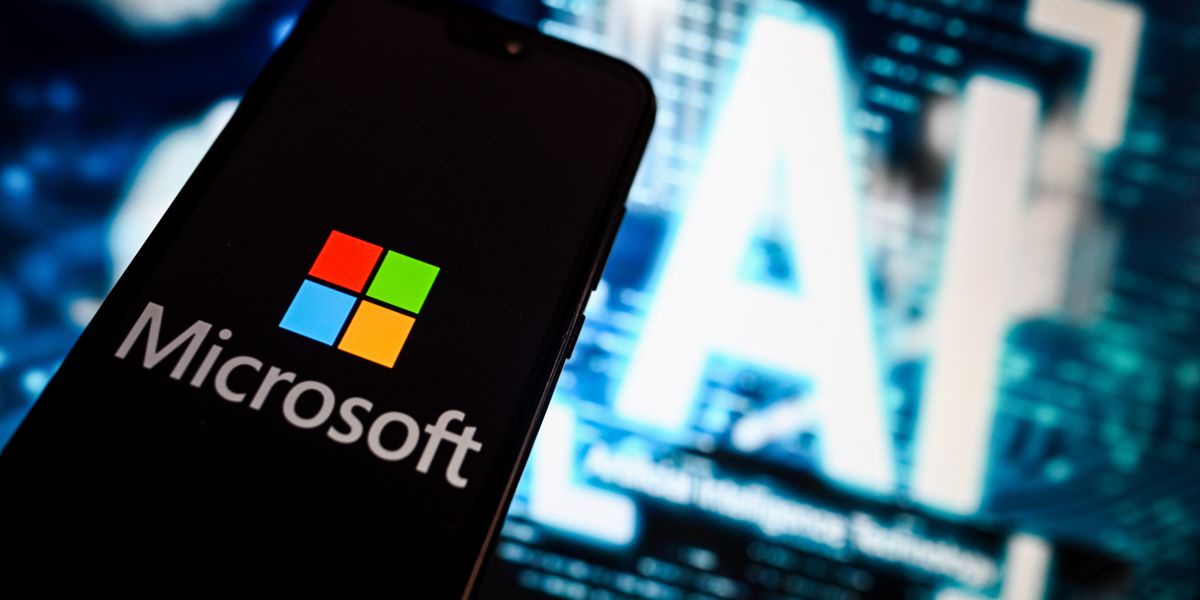Microsoft envisions a future where game developers can utilize an artificial intelligence-powered tool named “Copilot” to enhance various aspects of game development, from scripts and dialogues to non-player character interactions. Despite the potential benefits of AI in game development, there are significant concerns that need to be addressed. Some industry experts argue that AI may be attempting to solve a problem that does not currently exist. The reliance on AI’s ability to generate content based on existing data raises questions about its capacity to produce truly innovative and engaging material.
Microsoft, in collaboration with Inworld, an AI game development company, is working on AI tools such as an “Artificial Character Runtime Engine” to provide NPCs with dynamic real-time dialogues and quests. While these tools aim to streamline game development processes and empower developers, there is skepticism within the gaming community about the extent of AI’s capabilities in creative endeavors.
Various game developers, including Ubisoft and Squanch Games, have already started experimenting with AI tools for tasks like generating dialogue and enhancing voice acting. The potential for AI to revolutionize game development processes is recognized, with predictions that generative AI could play a significant role in the industry in the coming years. However, concerns remain about the impact of AI on creativity and the quality of content produced.
The use of generative AI in game development raises questions about the nature of creativity and the role of human input in the creative process. While AI can offer efficiency and cost-effectiveness in content creation, there are ethical and legal considerations regarding the use of AI-generated content, especially in relation to copyright and intellectual property rights.
Despite the potential benefits of AI in enhancing game development processes, there are apprehensions about the long-term implications of relying heavily on AI for creative tasks. Game developers emphasize the importance of investing in human creativity and diverse perspectives to drive innovation in the industry. While AI tools can aid in certain aspects of game development, they are seen as complementary rather than a replacement for human creativity and expertise.






